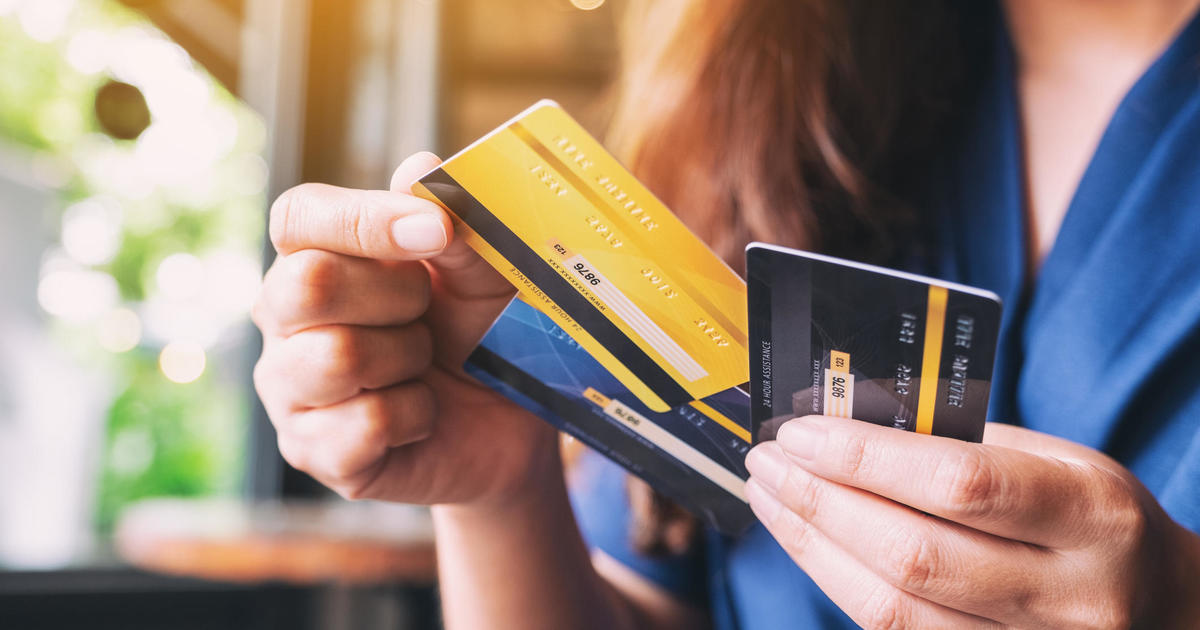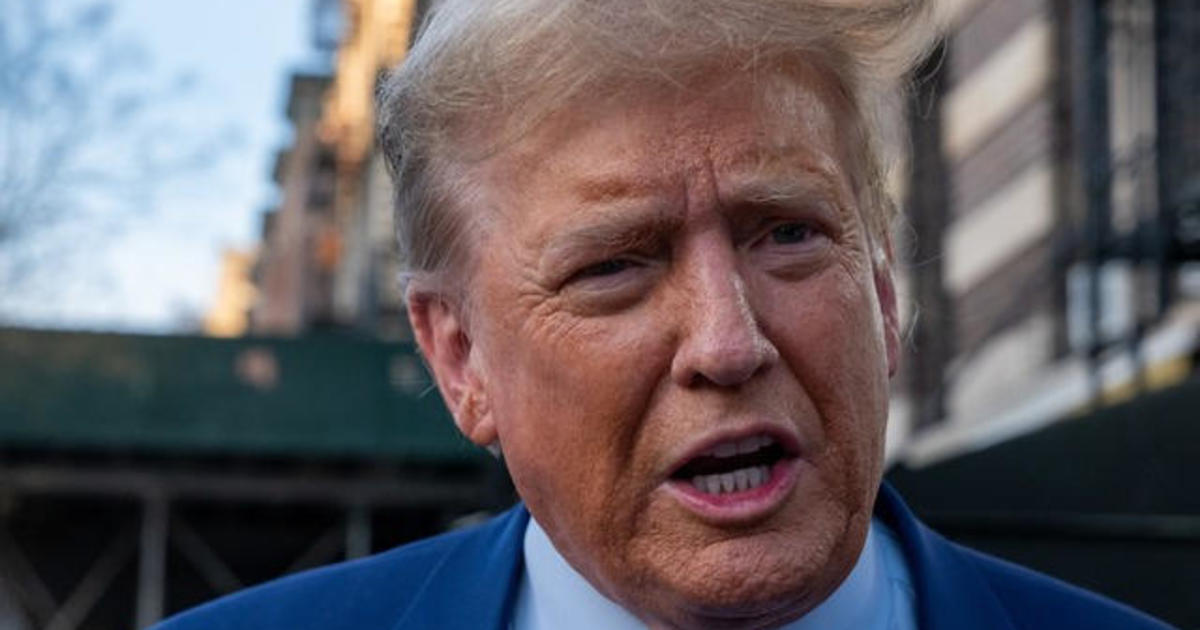Social media influencers may sway kids to eat more calories
Any child with a smartphone can access thousands of social media influencers who constantly post about what they do and products they like. It's a powerful form of communication and advertising in the digital age, and parents may have little idea what kind of impact it's having on their kids.
That's where Anna Coates comes in. She's a PhD student at the University of Liverpool's Appetite and Obesity research group who decided to look at one aspect of the influencer effect: whether such messages sway children's food choices and how much they eat.
Coates and her team studied 176 children aged 9 to 11 who were randomly split into three groups and were shown artificially created (though realistic looking) Instagram profiles featuring two of the most popular YouTube video bloggers, or vloggers. One group of kids was shown a profile featuring the YouTube influencer with unhealthy snacks, another group was shown the influencer with healthy foods, and the final group was shown the influencer with no food products.
The kids were then offered an array of snacks to choose from — unhealthy snacks like candy as well as healthier choices like grapes and carrots. Children in the group that saw the influencer with unhealthy foods consumed 32 percent more calories from unhealthy snacks and 26 percent more total calories than kids in the group who viewed the vlogger with non-food products.
But when it came to marketing healthy foods, the influencer effect wasn't the same. Kids who viewed the influencer with healthy snacks ate no more carrots or grapes than those who saw non-food images. The study is published in the journal Pediatrics.
Debbie Petitpain, a registered dietitian and spokesperson for the Academy of Nutrition and Dietetics, wasn't surprised by the results.
"This is the modern-day version of using popular cartoon characters to sell sugary breakfast cereals or juice boxes," she told CBS News. "Whether video bloggers are intentionally including unhealthy snacks in their video or not, children miss nothing and are easily influenced by what they see."
She recommends talking to children about what they are watching online and wrapping the diet and lifestyle choices they see into that conversation.
Parents should also lead by example. "The biggest influencer on your child's eating habits is you, especially when your kids are younger and more dependent on you to provide healthy meals and snacks," Petitpain said. "Role model good eating and positive talk about your food choices and tell your kids why you make them."
She also advises limiting your own cellphone use when spending time with your children and during meal times.
Nancy Z. Farrell, a registered dietitian nutritionist, notes that it's also important to talk to your kids about where information is coming from. "Many people claim to be nutritionists and have little to no credentials," she said. "Teach your kids how to distinguish between sources."
The researchers who conducted the study recommend that food marketing regulations should be applied to new forms of digital marketing.
"Tighter restrictions are needed around the digital marketing of unhealthy foods that children are exposed to, and vloggers should not be permitted to promote unhealthy foods to vulnerable young people on social media," Coates said in a statement.




